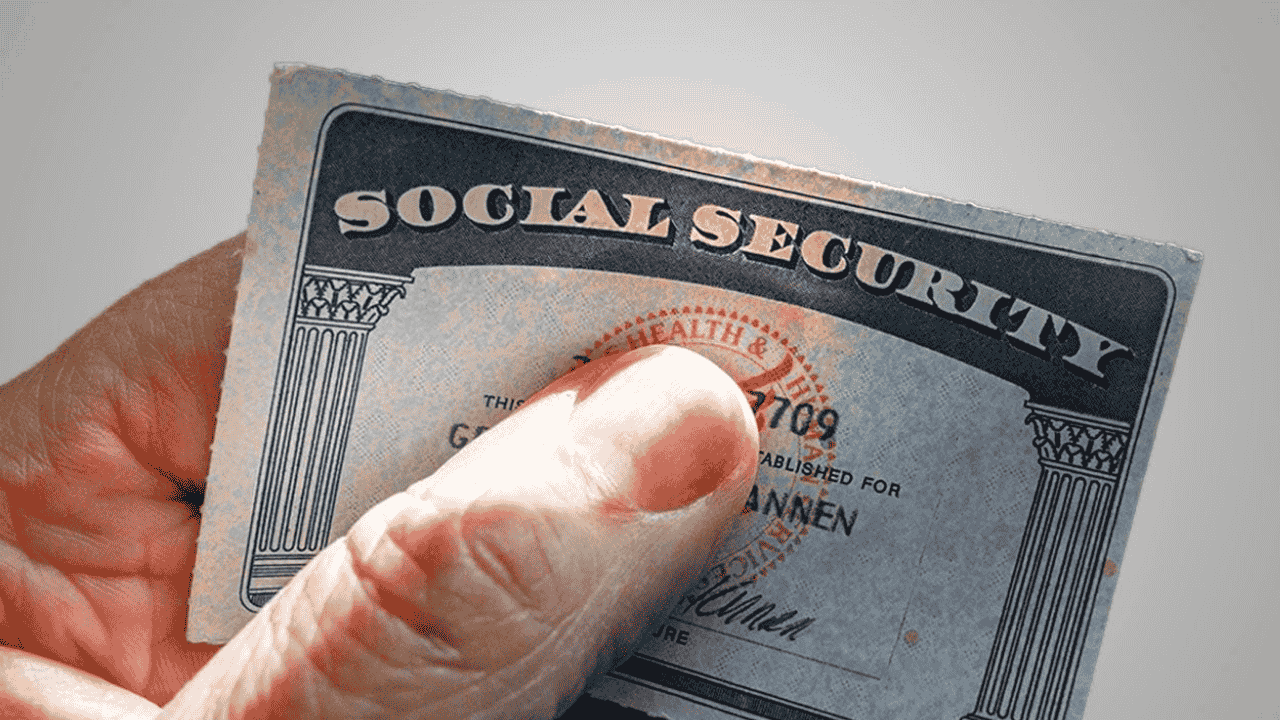If you’re retired or getting close to it and considering selling your home, it’s natural to wonder how that might affect your Social Security payments. The good news is that selling your house won’t stop or reduce your Social Security retirement or disability benefits. However, it could impact how much of your benefit is taxed—especially if your income rises from the sale.
For those receiving Social Security Disability Insurance (SSDI), there’s no need to worry either. Home sale profits don’t count against SSDI eligibility because SSDI isn’t based on income or assets. That means your payments will continue as usual, even if you make a profit from selling your house. The only real caution is for individuals on Supplemental Security Income (SSI), which is a needs-based program with strict asset limits.
If you’re getting SSI, selling your home could push your assets over the limit and temporarily pause your payments. But there are ways to avoid losing benefits, such as reinvesting in a new home within a short period. Understanding the rules and planning ahead can help you keep your benefits intact while making smart financial moves.
What Happens to Social Security If You Sell Your Home?

Let’s clear up the biggest concern first—selling your house won’t make your Social Security retirement or survivor benefits disappear. The Social Security Administration (SSA) doesn’t reduce or cancel your payments based on the money you make from a home sale, your savings, or even where you move afterward.
But there’s one thing that could be affected: taxes on your Social Security income. If the profit from your home pushes your total income higher, more of your Social Security benefits may become taxable. Still, that’s a tax issue—not a reduction in your monthly payments.
Also important: home sale profits do not count toward the SSA’s earnings test, which only applies to people who claim benefits before reaching full retirement age and are still working. Since this income isn’t “earned” through work, it won’t lead to any benefit cuts.
What If You’re Receiving SSDI?
People receiving Social Security Disability Insurance (SSDI) can relax—selling your home has no effect on SSDI benefits. That’s because SSDI is based on your work history and disability status, not your income or assets.
Even if you earn a significant amount from your home sale, it won’t disqualify you. SSDI only ends if you start earning from a job again, your medical condition improves, or you reach full retirement age (at which point you automatically switch to retirement benefits). None of those apply to simply selling your house.
This was recently confirmed by Laurence Kotlikoff, a Boston University economist and Social Security expert, who responded to a question from a disabled homeowner. He made it clear: SSDI payments stay unaffected by home sale profits, as long as you’re not enrolled in SSI instead.
Special Case: If You’re Receiving SSI
If you’re on Supplemental Security Income (SSI), things are a bit more complicated. SSI is designed for people with very limited income and resources, so it has much tighter rules. While SSDI and retirement benefits aren’t affected by how much money or property you own, SSI is directly tied to your assets.
Here’s how it works:
- SSI has a strict asset limit of $2,000 for individuals.
- If you sell your home and keep the cash, you could go over that limit and lose your monthly benefits.
- But if you use the money to buy another home within three months, and your total assets fall below $2,000 again, your SSI benefits can continue without interruption.
And if you miss that three-month mark? The SSA gives you up to 12 months to reduce your assets back under the limit. Once that happens, you can reapply to get your benefits restarted.
Be Informed Before You Sell
Selling your home during retirement doesn’t mean you’ll lose your Social Security benefits. For retirement and SSDI recipients, your monthly payments remain secure no matter how much profit you make. Just keep in mind the potential tax implications.
If you receive SSI, the impact depends on how you handle the money from your sale. Careful planning—like buying another home quickly or using the money for qualified expenses—can help you avoid a benefit interruption.
In any case, it’s smart to talk to a financial advisor or Social Security expert before making a decision. Understanding the rules ahead of time can help you protect both your benefits and your financial future.









